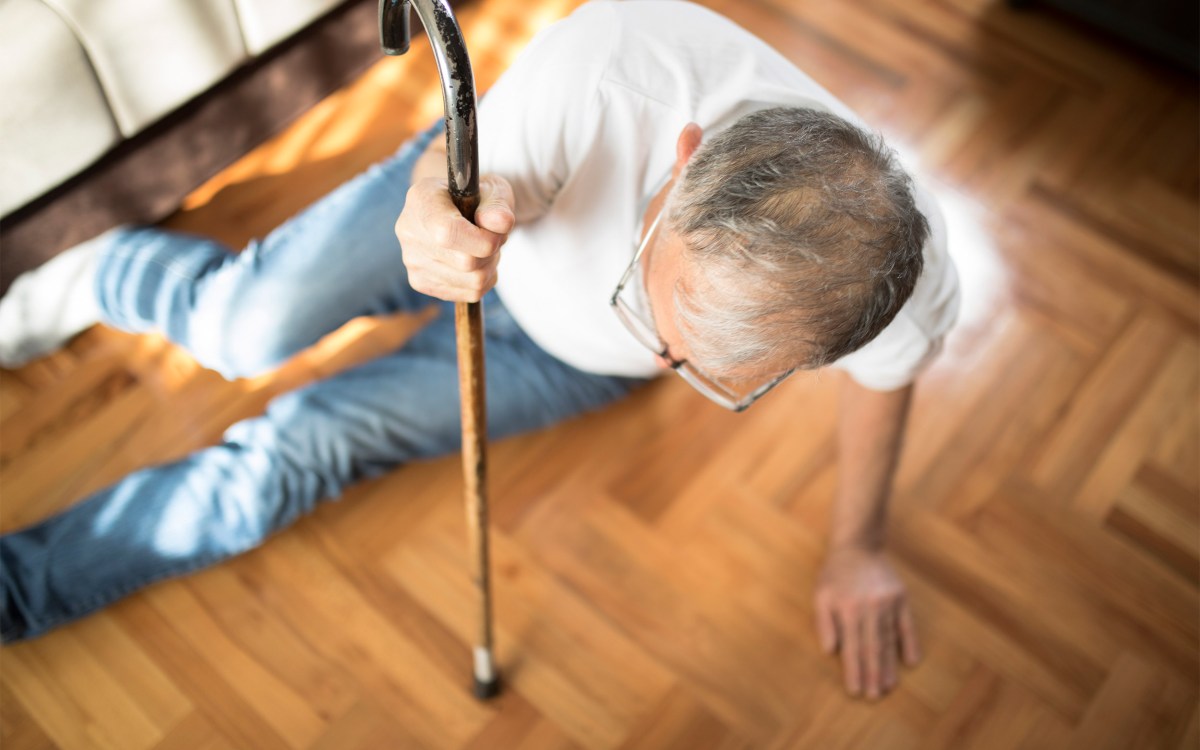
Longevity analysis identifies 8 key social factors
Study of older adults highlights importance of non-medical conditions, lead author says; research-based survey available online
Social factors affect an individual’s future health, but there’s currently no practical way to summarize the prognostic impact of relationship strength, financial circumstances, and other aspects of our social lives.
Investigators at Massachusetts General Hospital and the University of California, San Francisco, are aiming to change that. The researchers recently took a comprehensive inventory of older adults’ social attributes and distilled it into a short survey that can predict longevity. The work, published in PNAS, will have applications in clinical, population health, and research settings.
For the study, the team analyzed information from 8,250 adults aged 65 and older. Within four years of a baseline interview, 22 percent had died. Prediction methods with a machine-learning tool called LASSO drew from 183 possible social predictors to reveal eight that predicted death within four years: poor neighborhood cleanliness, low perceived control over financial situation, meeting with children less than yearly, not working for pay, not active with children, not volunteering, feeling isolated, and being treated with less courtesy or respect.
“We often overemphasize the importance of medical conditions when thinking about longevity,” said lead author Sachin J. Shah, a physician-scientist at MGH and Harvard Medical School. “This research demonstrates that our social lives are as important as medical conditions. From our data, we developed a 10-question survey that uses age, gender, and social characteristics to predict longevity. This survey also predicts other outcomes important to older adults, like living independently.”
Shah and his colleagues are currently working to validate their findings through additional studies and to incorporate their survey — which they call the Social Frailty Index — in medical research.
They have also made the Social Frailty Index available online for others to use. Clinicians can use the index to help older adults engage in advanced care planning and weigh medical interventions. However, the research team stressed that health care providers should avoid using the index to limit the care of higher-than-average-risk older adults because a patient is “socially frail.”
Instead, the tool should be used to identify at-risk individuals who could benefit from measures that address the social issues affecting their health. Also, researchers and policymakers who work in fields related to health and aging may find multiple uses for the index.
Additional study co-authors include Sandra Oreper, Sun Young Jeon, W. John Boscardin, Margaret C. Fang, and Kenneth E. Covinsky. This study was funded by the National Institute on Aging and the National Heart, Lung, and Blood Institute.







